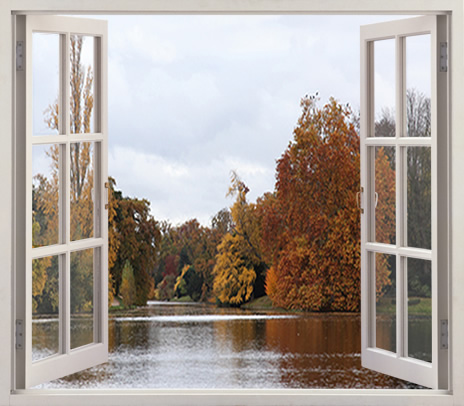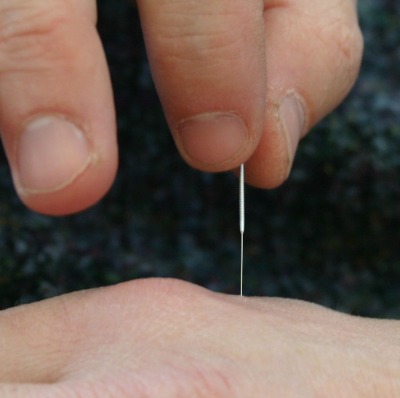Fall - A Time of Reflection
As the gifts of summer are enjoyed and then stored literally and in our memories, we begin to turn towards winter, a time our ancestors generally knew as a challenge to health, resources and temperament. The autumn, with its clear air, vivid colors and light, reminds us of the beauty and the gifts the heavens have favored us with, while preparing us to let go of their manifest presence in our lives. The Chinese describe the autumn as a time where grief may predominate, as it is a time of letting go. It was said that “in the autumn, the heavens disappear in a single breath.” The shock and pain of grief can feel like the heavens have abandoned us, seemingly leaving us to bear what we must on our own. Perhaps in the absence of whatever we might describe as “the heavens,” we are called to a faith that they will return, as they always do, appearing in the infinite gifts of the spring.

Lungs and Large Intestine
The Chinese model for physiological function suggests that 2 organ systems are particularly relevant to the autumn: the Lungs and the Large Intestine. Both have much to do with what we take in and what we release. The lungs, of course, are often more susceptible to respiratory infection in the autumn, as the more invasive weather can penetrate our immune system. It is suggested that we strengthen ourselves at this time of year with warmer, cooked foods. The metaphor for the Large Intestine is letting go, pruning, eliminating that which no longer has value or nourishment for us. It is a good time for creating more space (breathing room, as it were), leaving only that which is essential and qualitatively valuable to us. In the Jewish tradition, for instance, the autumn brings Yom Kipur, a day of atonement (At-one-ment) where the errors and the losses of the previous year are reflected on and let go of, in order to realign and remind us of our essential selves and our purpose.
The autumn is a precious time, the hinge between the manifest gifts of Nature and the more challenging inner and outer work of winter. Be outside when possible. Breathe in the beauty. Let go of what has accumulated that no longer serves. The Chinese suggest that the gift of this time is balance—breathing in, breathing out, taking in, letting go…and so it goes.
Eating with the season
In the fall, eat fewer cold, uncooked foods — such as salads — and more warm, cooked foods. Switch from salads to soups and steamed vegetables such as winter squash, winter peas, broccoli, sweet potatoes, and yams. Incorporate yellow and red foods into your meals. Start your day with hot oatmeal.
Here are some more warm and nourishing foods and herbs to add to your fall diet:
|
|
|

